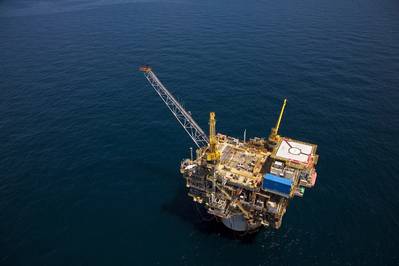Icahn Sells Nearly a Third of His Oxy Stake
Activist investor Carl Icahn, who has been waging a bitter battle against Occidental Petroleum Corp's board over its $38 billion acquisition of Anadarko Petroleum (APC), cut his holdings in the oil and gas producer by nearly a third, according to an open letter to shareholders released on Friday.
Icahn has opposed the deal as "hugely overpriced" and a misplaced bet-the-company gamble on oil prices rising, and urged Occidental's board to instead put the company on the market.
Icahn sold 10 million shares and now holds 23 million shares, valued around $900 million, he said. He had owned a $1.6 billion stake in Occidental as of May 30.
Occidental bought rival Anadarko in August for $38 billion despite investor opposition to the deal, which did not go to an Occidental shareholder vote for approval.
Occidental did not respond immediately to a request for comment. Its shares traded at $39.90, up 2.2% on Friday.
It plans to slash spending next year by 40% and cut back on production goals in order to meet dividend and debt payments, it disclosed Monday when it released third quarter financial results.
Icahn wants to replace board members, have the company accelerate asset sales, and in court is seeking documents related to the deal.
Replacing the company's leadership would cause its value to "meaningfully increase," Icahn said in an interview on Friday. Icahn declined to say how much he lost on the sale of the 10 million Occidental shares.
The company has lost $21 billion in market cap since the deal was rumored, his shareholder letter said. He plans a proxy fight against the board.
Icahn and Occidental are battling in a Delaware court over the release of documents relating to the Anadarko deal.
A letter to a judge earlier this week said Icahn wants to know, "whether the actions of the directors and management were just serious mistakes or whether they represented knowing intentional breaches of fiduciary duty similar to those seen with Enron, Worldcom and other failed companies."
(Reporting by Jennifer Hiller, Editing by Franklin Paul and Marguerita Choy)

